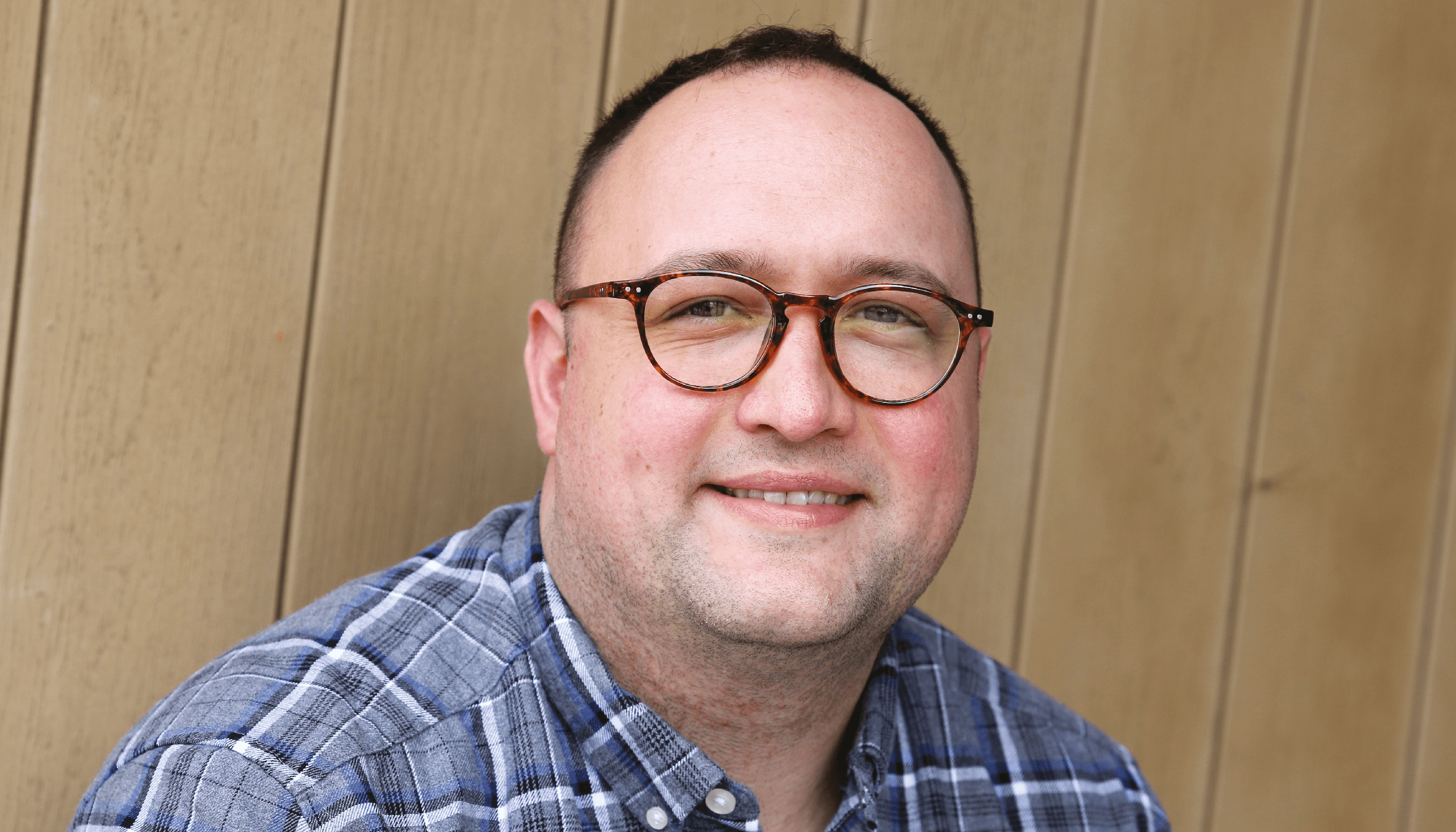
The latest scientific development to generate lively conversation in my friend group is the allegations of research fraud in a series of Alzheimer’s disease-related research. This development has had us lamenting the falsification of medical research – and talking about the cost of this kind of activity. Coming from a previous life in a dementia research lab, the news has prompted speculation on the impact it will have on Alzheimer’s research and beyond… even in ophthalmology.
If you haven’t heard, allegations of altering research images were made against Sylvain Lesné at the University of Minnesota. These data manipulations were found in 20 papers, including a Nature paper from 2006 (100 years on from Alois Alzheimer’s original description) in which a specific form of amyloid-β (Aβ), Aβ*56, was identified as a toxic oligomer in Alzheimer’s disease. Aβ protein deposits are an archetypal hallmark of the disease and have been pursued by many as a target for therapeutic intervention. The falsified data has not only harmed Alzheimer’s research since its publication, but could also foster further mistrust in the scientific and medical communities at a time when public trust in science is needed more than ever.
Consider sustainability. This falsification sent many researchers down the wrong path (most couldn’t replicate Lesné’s findings before the recent revelation came to light), draining researchers’ time and money (mainly from public and charity sources) and consuming physical resources such as plastic that will increase the size of scientific investigation’s already massive waste footprint.
It’s almost certain that there are multiple research papers published with fraudulent data that are still running free. There is even a site dedicated to people posting suspected manipulations of data (1). Hopefully, such instances are rare in ophthalmic circles, but this incident reminds us all of the importance of scientific integrity. Its widespread impact harms patients, clinicians, and researchers alike.
Despite the uproar, discussion, and intrigue on social media and online, hopefully research into the toxicity of oligomeric Aβ survives unscathed. Although this paper’s claims must now be disregarded, many Alzheimer’s researchers have stepped forward to highlight the good work being done on oligomeric Aβ and other Aβ species. In addition, some in the field have questioned the importance of pursuing this avenue and don’t support the hypothesis that this one species is a focal point of the disease. Such is the nature of complex disease – and the reason the mystery of Alzheimer’s disease, over a century old, has yet to be resolved.
The net of doubt cast by fraudulent research and medical practice is not exclusive to any one field – but, hopefully, the allegations will not erode trust in ophthalmology. From a financial and humanitarian perspective, we can’t afford to waste resources following false leads or undoing the damage done by irresponsible researchers. Although it may seem like common sense, it is vital to emphasize ethical research and clinical practices at every opportunity.
References
- PubPeer (2022). Available at: https://pubpeer.com.
